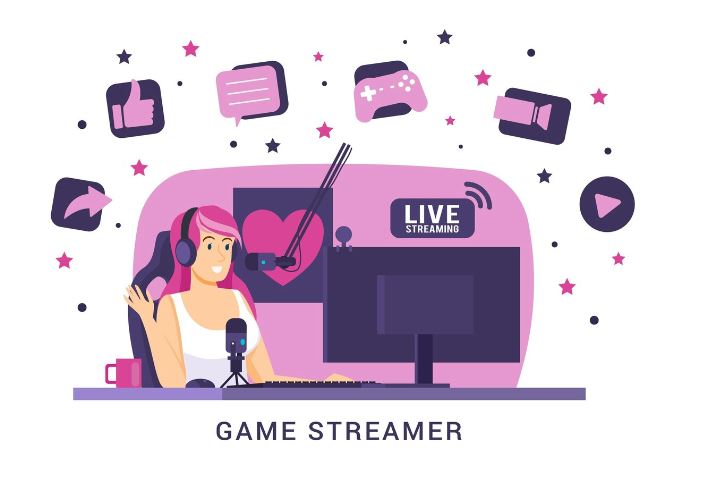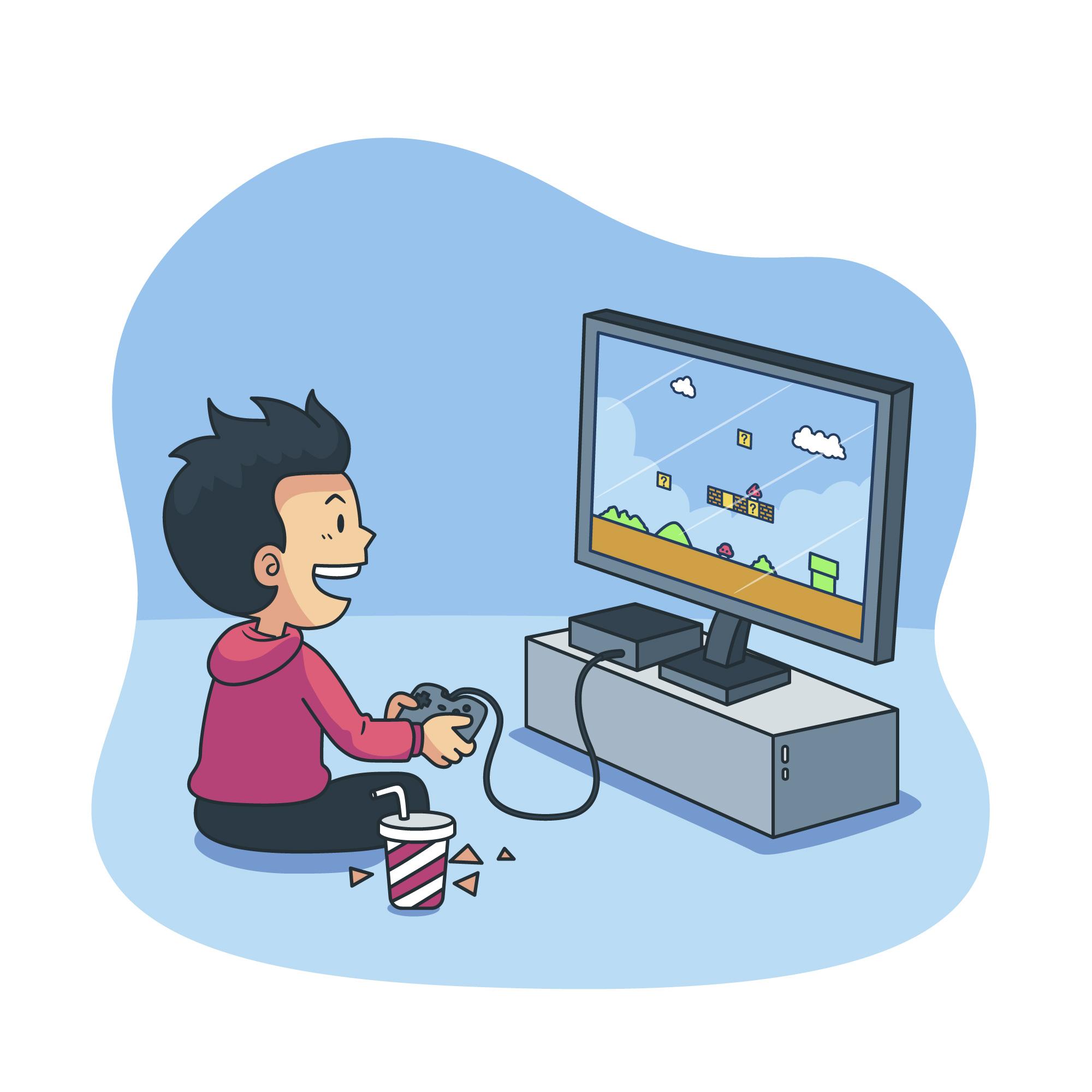Keep in mind the final time you really misplaced your self in a second of play? Whether or not it was a sport with pals, constructing one thing together with your palms, and even simply daydreaming, play has a magical means to move us to a world of creativity, studying, and pure pleasure. However as we get older, play typically takes a backseat to the duties of maturity. But, play is simply as essential for adults as it’s for kids. On this information, we’ll discover the facility of play, its advantages, and how one can incorporate extra play into your life to unlock creativity, foster studying, and produce extra happiness into your day-to-day routine.
What’s play?
Play is any exercise that’s freely chosen, satisfying, and self-motivated. It’s one thing you do for the sheer pleasure of it, with none particular objective or end result in thoughts. Play will be bodily, like sports activities or dancing; artistic, like portray or writing; or social, like board video games or improv. The secret’s that play is enjoyable and interesting, permitting you to discover new concepts, specific your self, and join with others.
For kids, play is a pure a part of life. It’s how they be taught concerning the world, develop social abilities, and discover their creativity. However play isn’t only for children. Adults can profit from play simply as a lot, if no more. In reality, incorporating play into your life can enhance your psychological well being, enhance your creativity, and even make you extra productive at work.
The Advantages of Play for Adults
Play isn’t only a frivolous exercise; it’s a robust device for enhancing your well-being. Right here’s how play can profit you as an grownup:
1. Boosts Creativity
Play encourages you to think outside the box and check out new issues with out the concern of failure. Whether or not you’re portray, writing, or constructing one thing, play permits your thoughts to wander and discover new concepts, sparking creativity and innovation. Most of the biggest innovations and artistic endeavors have come from moments of play and experimentation.
2. Reduces Stress
Participating in playful actions may also help cut back stress and anxiousness. Play provides you a break from the pressures of each day life and permits you to chill out and unwind. Bodily play, like sports activities or dancing, additionally releases endorphins, that are pure temper boosters that may assist alleviate stress.
3. Improves Downside-Fixing Expertise
Play typically includes challenges, puzzles, or video games that require you to assume critically and clear up issues. This could enhance your cognitive abilities and aid you strategy real-life challenges with a extra artistic and versatile mindset.
4. Enhances Social Connections
Play is a good way to attach with others, whether or not it’s by means of crew sports activities, board video games, or playful conversations. Social play fosters teamwork, communication, and empathy, serving to you construct stronger relationships with pals, household, and colleagues.
5. Will increase Pleasure and Happiness
At its core, play is about having enjoyable and experiencing pleasure. Once you find time for play, you invite extra happiness into your life. Whether or not it’s laughing with pals, having fun with a interest, or just enjoying together with your pet, these moments of pleasure could make your days brighter and extra fulfilling.
Kinds of Play for Adults
There are numerous methods to include play into your life, regardless of your pursuits or life-style. Listed here are some varieties of play which might be excellent for adults:
1. Bodily Play
Bodily play consists of any exercise that will get your physique transferring and your coronary heart pumping. This may be something from sports activities and dancing to climbing and yoga. Bodily play not solely improves your health but additionally boosts your temper and vitality ranges.
- Examples: Taking part in tennis, going for a run, taking a dance class, working towards martial arts.
2. Artistic Play
Artistic play permits you to specific your self and discover your creativeness. Whether or not you take pleasure in portray, writing, or crafting, artistic play may also help you faucet into your interior artist and produce new concepts to life.
- Examples: Drawing or portray, writing tales or poetry, enjoying a musical instrument, crafting or DIY initiatives.
3. Social Play
Social play includes interacting with others in a enjoyable and interesting manner. This could embody enjoying video games, collaborating in group actions, or just having playful conversations. Social play helps you construct connections and revel in shared experiences with others.
- Examples: Taking part in board video games, collaborating in improv or appearing courses, attending social occasions, internet hosting a sport evening.
4. Psychological Play
Psychological play challenges your mind and stimulates your cognitive talents. Puzzles, technique video games, and problem-solving actions are all types of psychological play that may hold your thoughts sharp and engaged.
- Examples: Fixing puzzles or crosswords, enjoying chess or technique video games, participating in trivia or quiz video games, studying a brand new language.
5. Playful Mindset
Adopting a playful mindset means approaching on a regular basis actions with a way of enjoyable and curiosity. This could possibly be so simple as making jokes throughout a gathering, experimenting with a brand new recipe within the kitchen, or turning an earthly activity right into a sport. A playful mindset could make even essentially the most routine actions extra satisfying.
- Examples: Discovering humor in each day conditions, being spontaneous, making an attempt new issues only for enjoyable, making chores right into a sport.
The way to Incorporate Extra Play into Your Life
Making time for play will be difficult, particularly with a busy schedule. However with a bit creativity and intention, you’ll be able to simply incorporate extra play into your each day routine. Listed here are some suggestions that will help you get began:
1. Schedule Playtime
Similar to you’d schedule a gathering or a exercise, schedule time for play. Whether or not it’s a weekly sport evening with pals, a each day stroll, or a weekend interest, setting apart devoted time for play ensures that it turns into an everyday a part of your life.
2. Embrace Spontaneity
Not all play must be deliberate. Embrace spontaneous moments of play all through your day. This could possibly be a fast sport together with your pet, a dance break within the kitchen, or a playful dialog with a coworker. Search for alternatives to inject a little bit of enjoyable into your each day routine.
3. Attempt One thing New
The most effective methods to convey extra play into your life is to attempt one thing new. Take up a brand new interest, be a part of a category, or experiment with a artistic challenge. Exploring new actions not solely provides selection to your life but additionally sparks curiosity and pleasure.
4. Play with Others
Play is commonly extra satisfying when shared with others. Invite pals, household, or colleagues to hitch you in playful actions. Whether or not it’s a bunch sport, a sport evening, or a collaborative artistic challenge, enjoying with others strengthens relationships and enhances the enjoyable.
5. Undertake a Playful Mindset
Lastly, undertake a playful mindset in all the pieces you do. Search for humor in on a regular basis conditions, strategy challenges with curiosity, and permit your self to be foolish sometimes. A playful mindset can rework even essentially the most mundane duties into alternatives for pleasure and creativity.
Conclusion: Rediscovering the Pleasure of Play
In a world that usually emphasizes productiveness and effectivity, it’s straightforward to neglect the significance of play. However play is not only a childhood pastime; it’s an important a part of a wholesome, balanced life. By making time for play, you’ll be able to enhance your creativity, cut back stress, enhance problem-solving abilities, and produce extra pleasure into your life. So, whether or not you’re enjoying a sport, creating artwork, or just having fun with a second of laughter, do not forget that play is a robust device for enhancing your well-being. It’s by no means too late to rediscover the magic of play and make it a precedence in your on a regular basis life.
FAQs About Play
1. Why is play essential for adults?
Play is essential for adults as a result of it promotes creativity, reduces stress, improves social connections, and enhances problem-solving abilities. It additionally brings pleasure and helps preserve a wholesome work-life steadiness.
2. How can I make extra time for play in my busy schedule?
To make extra time for play, attempt scheduling it into your calendar, embracing spontaneous moments of play, and incorporating playful actions into your each day routine. Even small moments of play can have a huge impact in your well-being.
3. What are some examples of artistic play for adults?
Examples of artistic play for adults embody portray, drawing, writing, crafting, enjoying a musical instrument, and interesting in DIY initiatives. Artistic play permits you to specific your self and discover new concepts.
4. Can play actually cut back stress?
Sure, play can cut back stress by offering a break from each day pressures and permitting you to chill out and have enjoyable. Bodily play releases endorphins, that are pure stress relievers, whereas artistic and social play can distract your thoughts from worries.
Play is not only a luxurious; it’s a necessity for a satisfying life. By making time for play, you’ll be able to enrich your life with creativity, pleasure, and significant connections. So go forward, embrace your playful aspect, and see the way it transforms your life for the higher.














